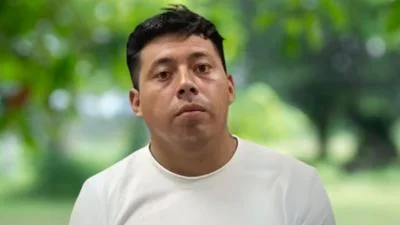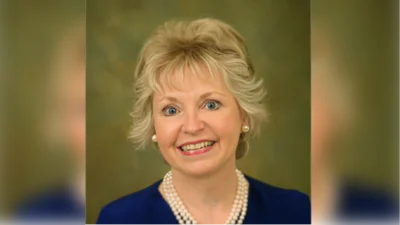University of Alabama issued the following announcement on Aug. 19.
The COVID-19 pandemic has wreaked havoc on numerous business sectors over the past few months, including the fashion industry.
And while some fashion companies have seen major losses, many designers and companies seized the opportunity not only to develop creations that prevent the spread of coronavirus, but also make a fashion statement.
“Many apparel companies are going into the mask business,” said Brian Taylor, instructor in the College of Human Environmental Science’s department of clothing, textiles and interior design. “With sales down due to the pandemic, designing and selling masks are an opportunity for companies to help the bottom line.
“Because the CDC recommends cloth masks to reduce the spread of coronavirus, it was a natural transition for apparel companies to use textiles on hand and begin producing masks. Masks require little fabric usage and are simple to construct, so it makes sense companies would capitalize on this opportunity.”
According to Taylor, the summer saw many apparel companies from a variety of price points start producing masks. Some of the big names include COACH, Gap, Nike, Tory Burch, Bonobos and Hanes, among others.
With masks being a requirement for many local and state populations, including on campus at UA and the state of Alabama, masks can help individuals make a fashion statement this fall.
“During this time, it’s possible masks will become similar to other accessories such as sunglasses, belts and shoes,” said Taylor. “With more options to choose from on the market, consumers will begin to give more thought to how a mask can be incorporated with outfits.
“Going in to fall with more people venturing out and schools reopening, consumers will want variety in mask offerings that express individual style. For some, it will be an opportunity to make a statement, such as supporting an athletic team or social justice cause.”
In addition to producing masks, some companies have used this opportunity to give back. Taylor points out that some companies are donating a mask when one is purchased, or giving a percentage of sales from masks to charitable organizations.
Original source can be found here.





 Alerts Sign-up
Alerts Sign-up